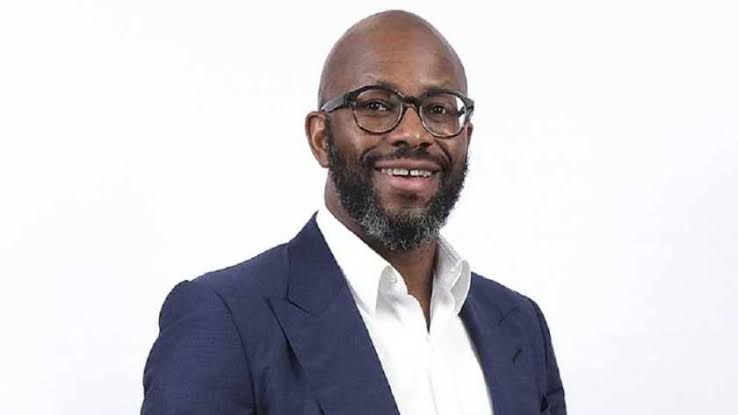Nigeria would need between $12 billion and $15 billion in infrastructure investments over the next five years to fix its poor network quality, speed up internet connections, increase the number of people who can use the internet, and set the country up for a digital future.
Most investors like the size of the country’s internet footprint. In May 2023, there were 220 million mobile voice subscriptions and 159 million internet subscriptions, making it the biggest in Africa. But investments in the digital economy’s backbone infrastructure are growing at a snail’s pace.
This is largely supported by broadband penetration, which is crawling at 48.24 percent and unable to meet the internet needs of millions of subscribers, many of whom are corporations that consume huge amounts of data.
Mobile broadband is the country’s main internet connection because fixed wireless penetration is so low, at 0.03 per 100 people. Thus, the country lacks high-speed internet. Ookla’s Speedtest Global Index placed Nigeria 89th in global internet speed.
Read also: Safaricom Ethiopia appoints MTN Uganda CEO as its new boss
Nigeria’s sluggish growth impacts Africa
The slow growth of Nigeria is another reason why Africa can’t hold its own on the world stage.
During a speech at the CEO Forum, Ralph Mupita, CEO of MTN Group, said that Africa only makes up about 1% of the world’s digital economy right now.
In contrast, only 68 percent of Americans, 22 percent of Chinese, and 27 percent of Asians have college degrees.
The country with the most people in Africa is also at the bottom of the list for e-Government Development.
It is ranked 140th, just three spots ahead of Senegal, which is at the very bottom. Nigeria’s situation is particularly telling because it has always set aside money for e-government.
For example, President Muhammadu Buhari’s government set aside N19 billion in its budget for 2022 to improve computer software in different ministries, departments, and agencies. Even after spending billions of dollars, the country still doesn’t have a digital government. Paperwork is still the way things are done.
“Did you know that the National Policy on Blockchain, which was passed by the president, was printed on paper and bound so that members of the Federal Executive Council and the president could read it and sign off on it?
Why do we have to print out a strategy on blockchain? That’s a paradox for technology. It shows you something is wrong,” said Oswald Osaretin Guobadia, former President Muhammadu Buhari’s senior special adviser on digital transformation. Guobadia was also at the CEO Forum as a guest.
Nigeria’s digital issues provide investment opportunities, Mupita added. He added that the government must offer incentives to attract investors.
The potential is huge. “The path is clear,” Mupita stated. The digital economy is Nigeria’s future. That vision is achievable with strategic intent, collaboration, and a shared vision.”
President Bola Tinubu promised MTN government support for telecom investors. Online businesses, logistics, and entrepreneurship are government priorities. Tax credits, vacations, and low-interest loans to businesses that hire a certain number of youth will help improve digital skills training, education access, and private sector talent development. tariffs on vehicle, IT, and smartphone production lines to protect ICT.
FNB signs deal with MTN for network services supplies (MVNO)
Mupita said the government must commit to digital inclusion beyond policies and strategic partnerships. Nigeria can use its digital economy to thrive sustainably.
MTN pledged $3.5 billion to Nigeria’s telecom infrastructure over five years. MTN Nigeria’s CEO, Karl Toriola, estimated a $700 million annual investment.
Open Access Data Centres CEO Ayotunde Coker sees private sector involvement in Nigeria’s digital deformities.
“We have a huge opportunity to be at the forefront of artificial intelligence and blockchain in the next few years, meaning they are new markets with room for exploration,” Coker added.
Open Access Data Centres wants to expand Nigerian data centers. It is creating a $200 million Tier III data centre in Lagos that accommodates up to 20 MW of site power load over 7,200 m2 of white space. One of the continent’s largest facilities outside of South Africa, it can hold 3,275 racks. Market demand might increase the site power load to 40 MW.




